Gross Receipts Safe Harbor for Employers Claiming the Employee Retention Credit
By Admin September 14, 2021 Category: Business Law
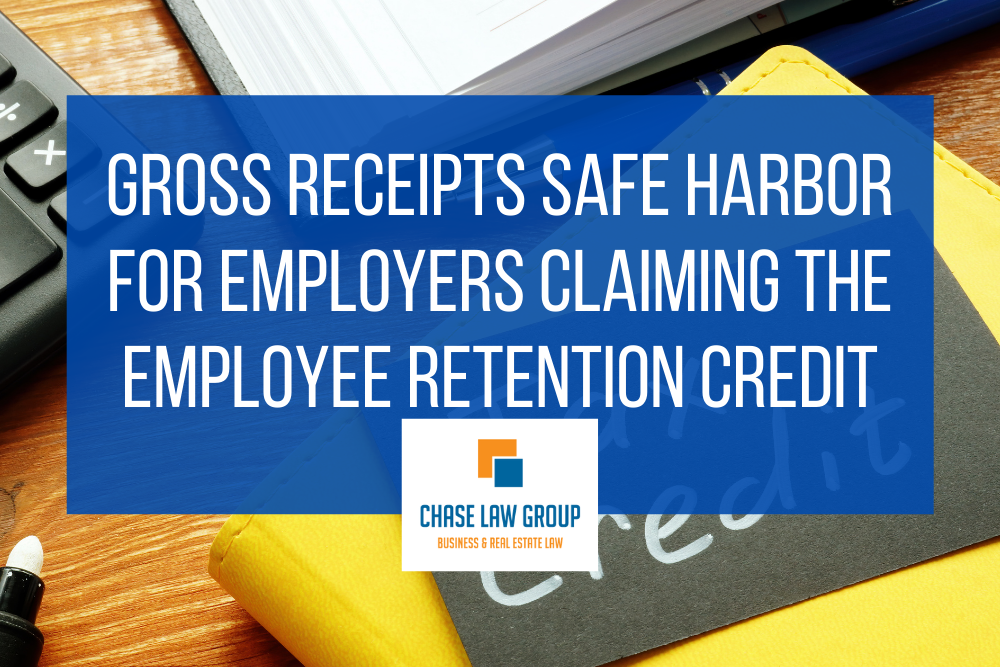
The Department of the Treasury (Treasury) and the Internal Revenue Service (IRS) issued a safe harbor allowing employers to exclude certain items from their gross receipts solely for determining eligibility for the Employee Retention Credit (ERC). The ERC is a refundable payroll tax credit available to eligible employers whose operations were fully or partially suspended due to a COVID-19 shutdown. Employers may be eligible for the ERC if its gross receipts for a calendar quarter decline by a certain percentage when compared to a prior calendar quarter. This safe harbor permits employers to exclude certain stimulus proceeds from gross receipts... READ MORE
Eligible Employers Can Claim Paid Leave Credit For Employees Providing COVID-19 Immunization Care & Recovery
By Admin September 14, 2021 Category: Business Law

Paid sick and family leave tax credits under the American Rescue Plan Act of 2021 (ARP) are available to eligible employers for providing leave to employees to accompany a family member, household member or certain other individuals to obtain or recover from the COVID-19 immunization. Eligible employers can tax credits for the cost of providing paid sick and family leave for reasons related to COVID-19 including qualified leave wages and certain other wage-related expenses (such as health plan expenses and certain collectively bargained benefits). The ARP tax credits are available to eligible employers that pay sick and family leave for... READ MORE
Enacting and Enforcing a Mandatory Vaccination Policy in the Workplace: Understand the Legal Requirements and Issues That Can Arise
By Admin August 11, 2021 Category: Business Law
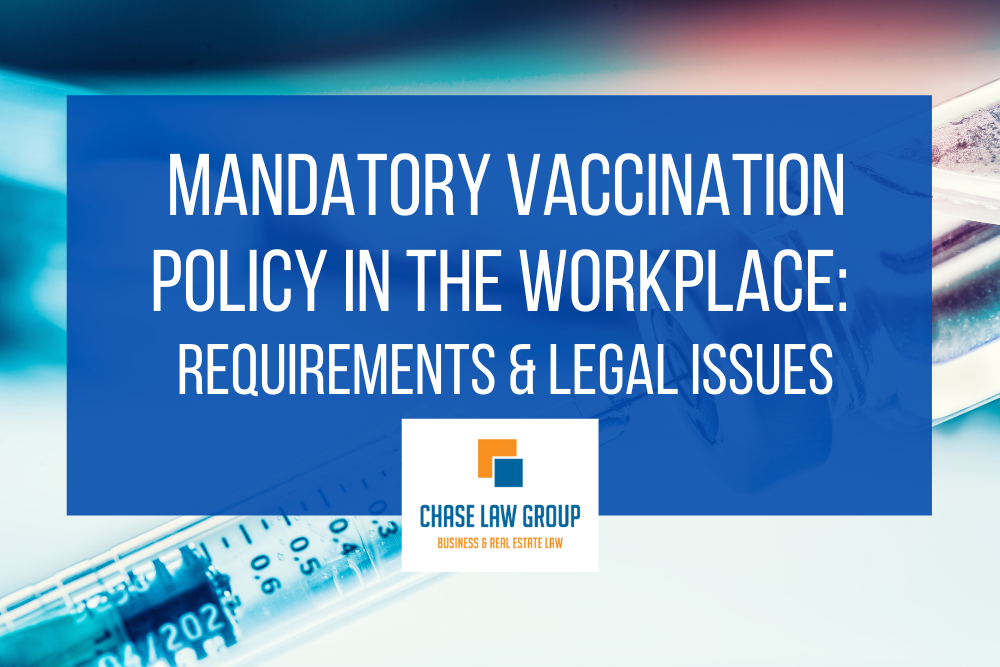
In the face of the recent upswing of Covid-19 cases related to the Delta variant, many employers have elected to require all of their workers be vaccinated. But what is an employer to do if an employee refuses to be vaccinated? As a preliminary matter, the California Department of Fair Employment and Housing (“DFEH”) has issued an opinion that California employers may mandate Covid-19 vaccinations for its employees. However, the employer must engage in an interactive dialogue with employees who have a disability-related or religious reason for refusing an FDA-approved vaccine. Note however, an employee who doesn't "trust that the... READ MORE
Cal/OSHA requirements for reporting COVID-19 in the workplace
By Admin July 29, 2021 Category: Business Law
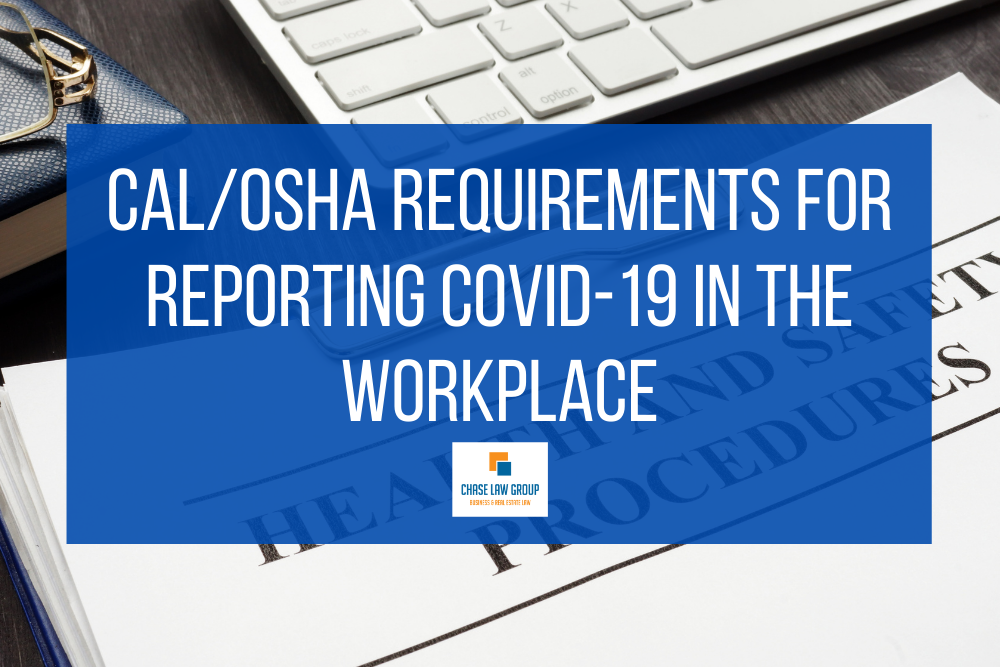
Cal/OSHA has enacted a standard detailing notification and reporting requirements for when there is a COVID-19 case in the workplace. Per the standard, a COVID-19 case is defined as someone who: Has a positive COVID-19 test;Has a positive COVID-19 diagnosis from a licensed healthcare provider;Is subject to a COVID-19-related order to isolate issued by a local or state health official; orHas died due to COVID-19, in the determination of a local health department or per inclusion in the COVID-19 statistics of the country. Under Cal/OSHA’s standard, when the employer knows or should have known there is a COVID-19 case in... READ MORE
The Risks of Failing to Comply with California’s Wage and Hour Laws: Lawsuits and Penalties Require Vigilant Compliance by Employers
By Admin July 29, 2021 Category: Business Law
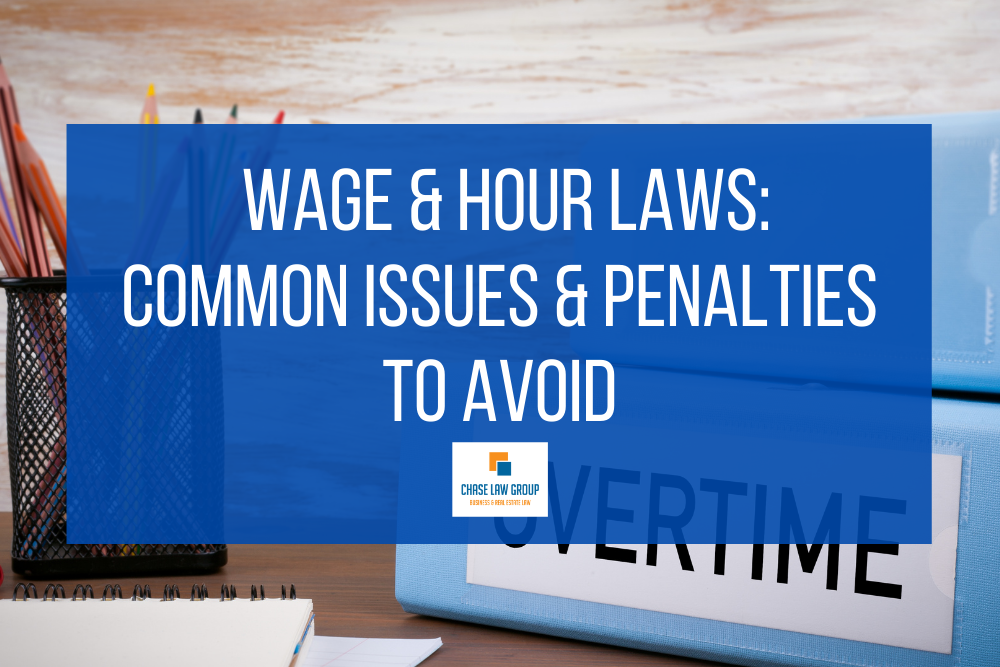
Employers face substantial risks due to misclassification of their workers and not abiding by the myriad of California wage and hour laws. These landmines for unaware employers, have enormous, business-breaking ramifications due to the substantial penalties that could quickly compound and potentially be a million-dollar liability for an organization. By understanding the applicable requirements and their penalties, employers will better understand their exposure and ensure they take necessary proactive steps to avoid them. What are the most common issues that arise when facing a wage-related claim? Overtime: Unpaid overtime for all work performed in excess of 8 hours in a... READ MORE
Small businesses with 5+ employees must offer retirement plans
By Admin May 11, 2021 Category: Business Law
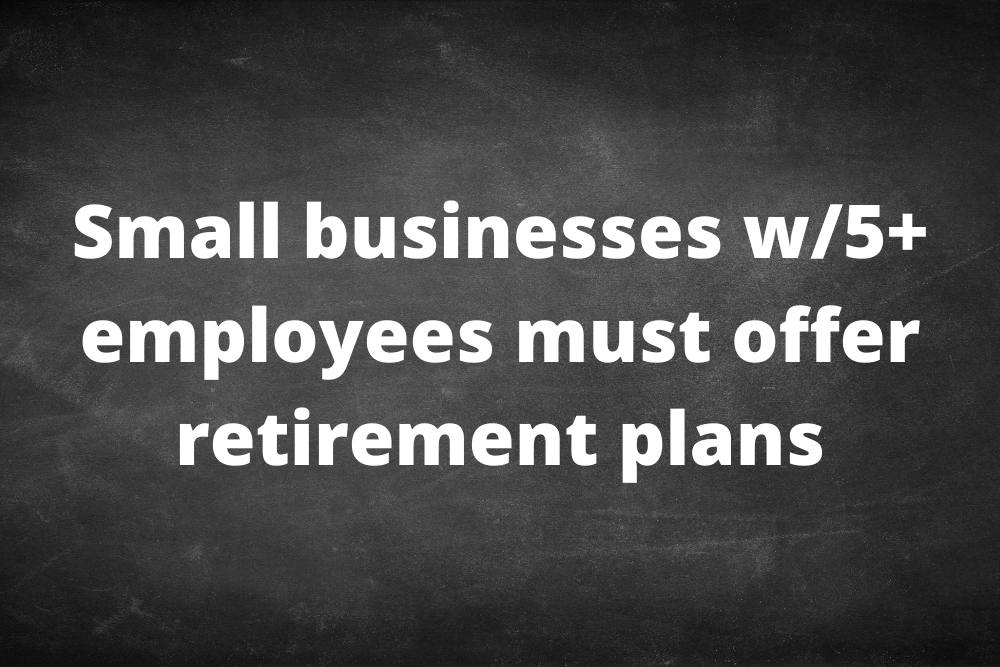
Employers with five or more employees are required to participate in CalSavers if they do not already have a workplace retirement plan. CalSavers is a retirement savings program for private sector workers whose employers do not offer a retirement plan. The CalSavers program is being implemented by the state and enables small businesses and employees to make an automatic payroll contribution into a personal IRA retirement account. The program is designed to be self-sustaining, so there will be no taxpayer funding and no employer or state liability for the program and the retirement account is overseen by the CalSavers Retirement... READ MORE
Be Prepared: Avoid Household Employee Wage and Hour Claims
By Admin April 08, 2021 Category: Business Law

Many families hire workers at their home to provide a variety of services from housecleaning, cooking, child care, as well as elderly care. However, most families are unaware that the same or similar wage and hour laws that apply at places of business also apply to the people who work for them at home. In fact, we have seen an alarming trend of high exposure (Several Hundred Thousand Dollars) domestic worker claims in recent years. Consequently, it is critical that household employers are in compliance with all applicable wage and hour requirements to avoid their exposure to these wage and hour claims.... READ MORE
California’s New Covid-19 Supplemental Paid Sick Leave: What you need to know
By Admin April 08, 2021 Category: Business Law
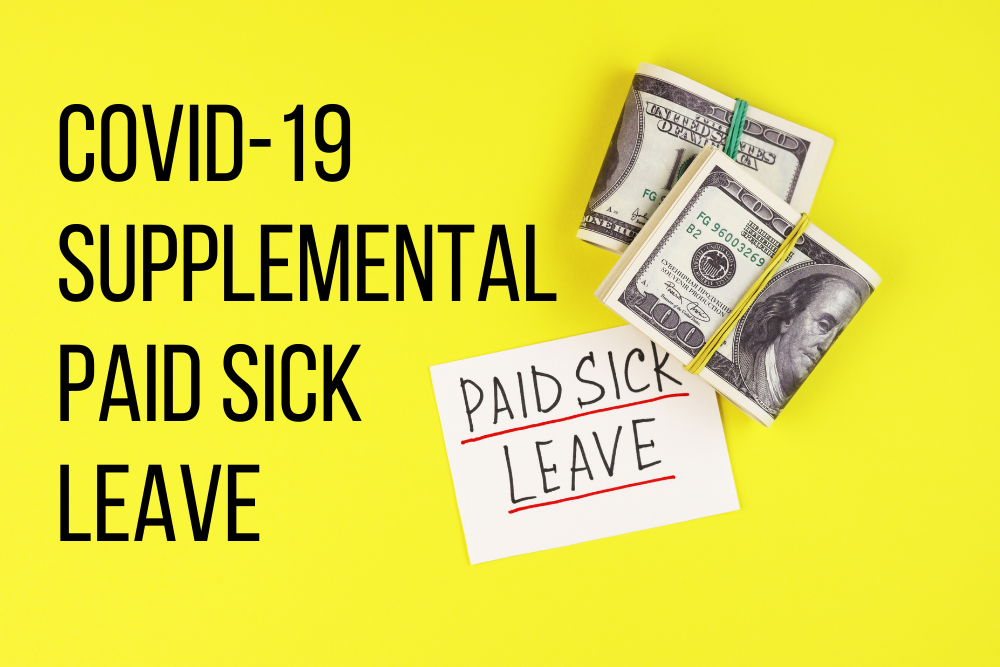
On March 19, 2021, Governor Gavin Newsome signed a new Covid-19 Supplemental Paid Leave (“SPSL”) into law. The new SPSL is similar to the prior Covid-19 Supplemental Paid Sick Leave law that expired on December 31, 2020. The new law came into effect on March 29, 2021 and applies retroactively to January 1, 2021. The key and important issues to understand are as follows: Covered Employers: All employers with 26 or more employees are covered by the new SPSL. Covered Employees: The new law added 5 additional types of coverages that did not exist in the prior laws. The covered... READ MORE
Families First Coronavirus Response Act not extended, tax credits may still be available
By Admin January 27, 2021 Category: Business Law

Congress declined to extend the Families First Coronavirus Response Act (FFCRA) in the second stimulus package to address the COVID-19 pandemic. The FFCRA expired on December 31, 2020 which required employers with fewer than 500 employees to provide paid sick leave and expanded family and medical leave. Employers are no longer required to provide paid leave under the Act, but payroll tax credits are still available to employers that voluntarily provide leave under the FFCRA. If an employer provides leave for FFCRA-eligible reasons and pays employees per specified FFCRA rates, tax credits are available until March 31, 2021. The California... READ MORE
Be Prepared for California Family Rights Act Leave Beginning January 1, 2021
By DeAnn Chase December 16, 2020 Category: Employment

Last month’s blog post and newsletter set forth new employment laws coming in 2021, including SB 1382 which provides that effective January 1, 2021, the California Family Rights Act (“CFRA”) will be expanded to apply to smaller employers (with 5 to 49 employees) and not just employers with 50 or more employees. The following sets forth basic information related to CFRA leave. You should consult with an employment attorney to discuss any questions you have about implementing a CFRA policy at your organization and to ensure that you are in compliance with this complex law. What is CFRA and Who... READ MORE

